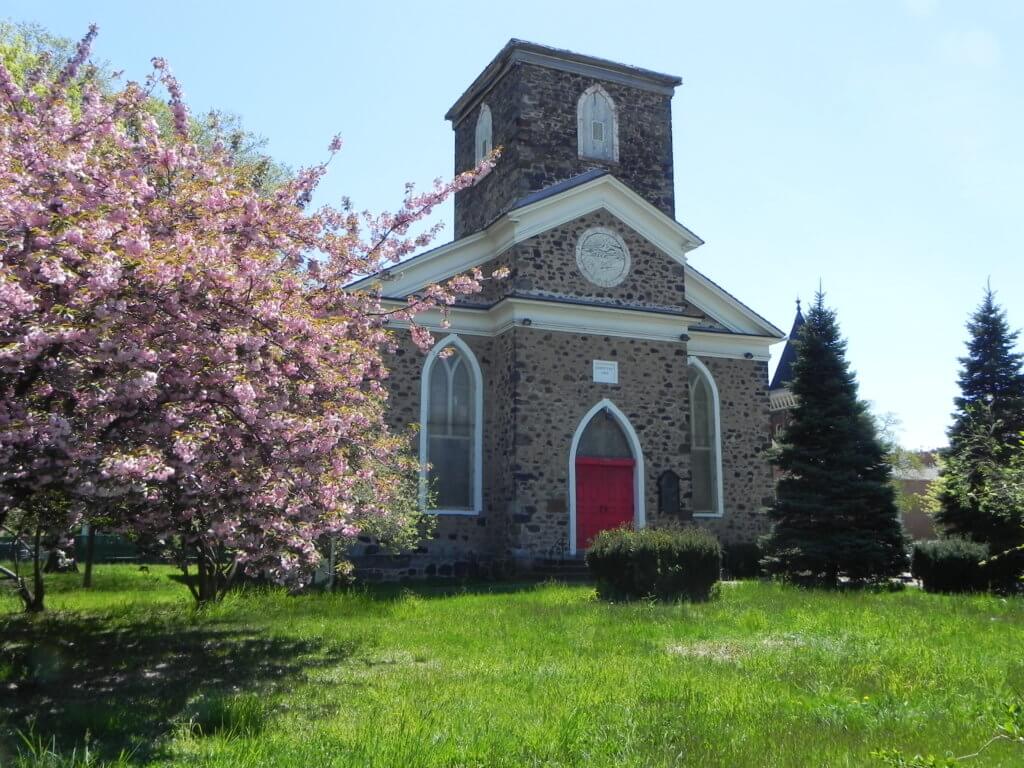Council considers taxpayer funds for armed guards at houses of worship

ebrooklyn media/file photo by Paula Katinas
Private security guards would patrol churches, mosques and synagogues on the city’s dime if a bill sponsored by three Brooklyn elected officials is approved by the City Council.
Democratic Councilmembers Justin Brannan, Chaim Deutsch and Kalman Yeger are the main architects behind a bill introduced on Wednesday that would allow houses of worship to hire private security, including armed guards, and then apply to the city to be reimbursed for the costs.
Reimbursing religious institutions for security guards could cost as much as $200 million, according to one official. The program would not be mandatory and houses of worship would have to meet certain specifications in order to qualify for funding.